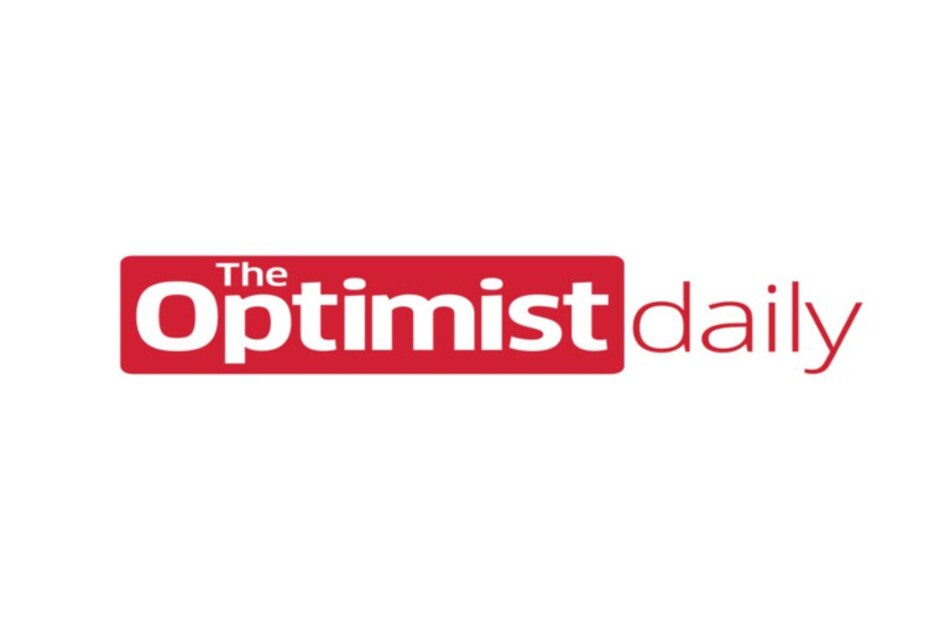More and more companies are adopting mission-oriented approaches to business and while it’s great that companies are using their voice and products to support the planet and promote inclusivity, there are definite financial benefits to good business as well. A new study from Washington University in St. Louis finds that a majority of consumers believe companies should take a stand on environmental, social, and policy issues.
The study looks specifically at how consumer values changed over the course of the pandemic. They surveyed 1,072 people living across America about their employment, personal values, and brand values. They found that 35 percent of people have experienced a change in values during the pandemic and 54 percent of people believe companies should take a stand on controversial issues. 22 percent of people also reported that the pandemic helped reaffirm their existing values.
Stuart Bunderson, director of the Bauer Leadership Center at Washington University in St. Louis says, “We have robust evidence that people who underwent an employment change—primary job loss or furlough, significant cut in pay or hours, or shift to permanently or mostly working from home—were more likely to report that 2020 changed their personal values.” Younger consumers were also more likely to have changed their values.
Reflecting on all we have been through over the past year, it’s not surprising people are paying more attention to brand ethics. The pandemic has exposed not only the severity of institutional inequalities and economic challenges but also the true dangers of failing to take action on climate change.
Brands that recognize the power of a mission-driven company will reap the benefits of a more socially conscious business model. According to the study, 82 percent of respondents would pay more for a value-aligned brand, 43 percent of people would pay twice as much, and 31 percent would buy the value-aligned brand at any price. Those figures hold big financial significance, especially for companies struggling to stay afloat during the pandemic.
When talking about socially conscious brands, we’re not only focusing on sustainability. Respondents noted that brand values also include pay equality, racial equality, veteran employment, employee compensation and benefits, authentic messaging, community service, and policy advocacy.
Classic supply and demand laws state that whichever company is offering the best product at the lowest price will capture consumer demand, but new consumer behavior studies like this one demonstrate that price isn’t the only factor anymore. Consumers want to buy from ethical brands and are willing to pay more to do so. Hopefully, research like this will push companies to adopt more sustainable and ethical practices for the good of the world and their bottom line.
Source Study: Washington University – Consumer values, brand expectations change in 2020












